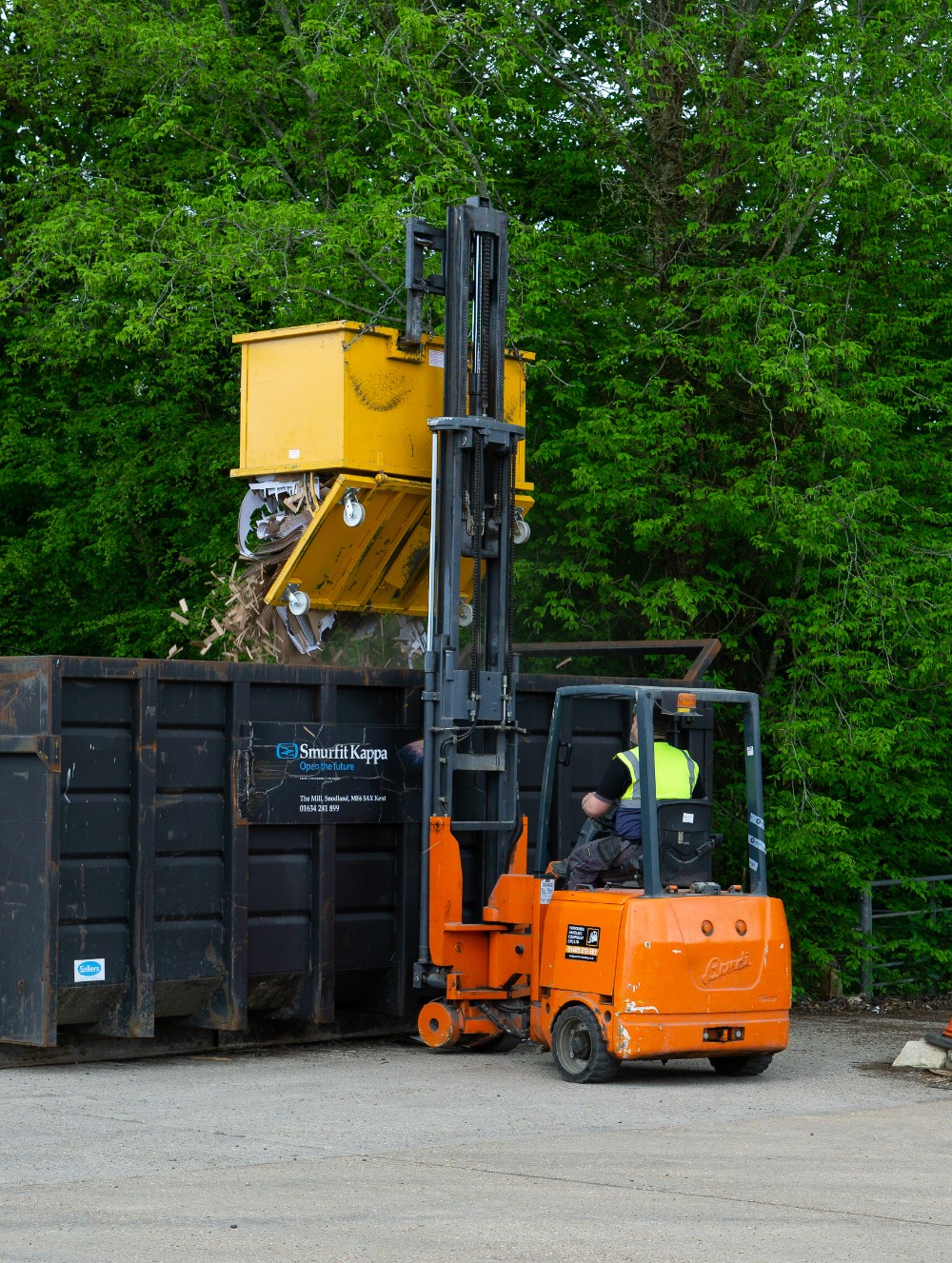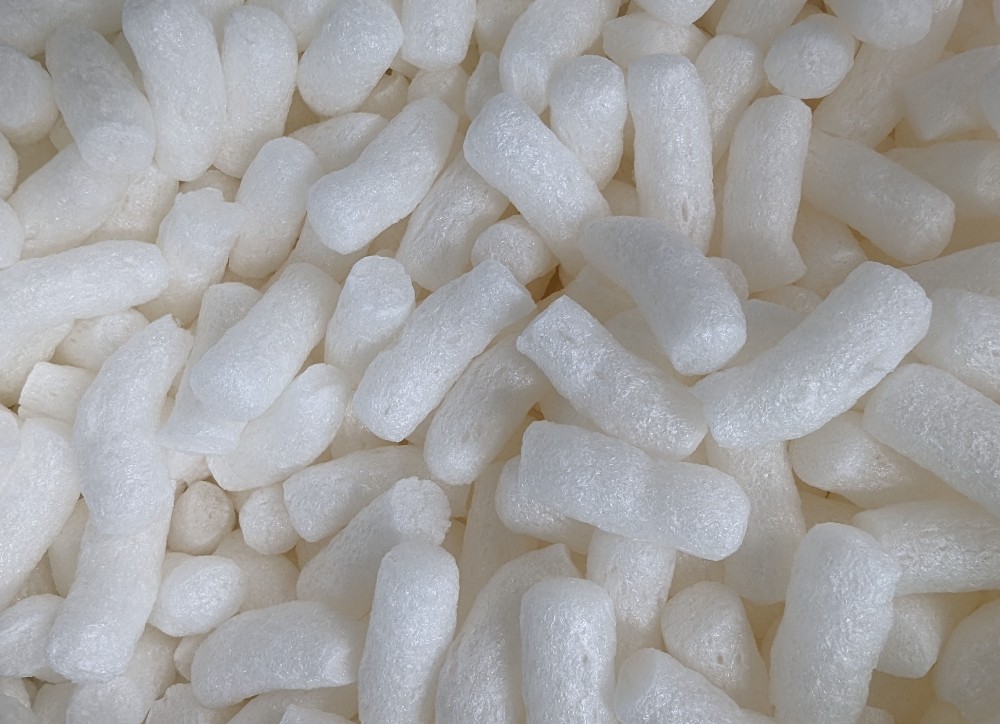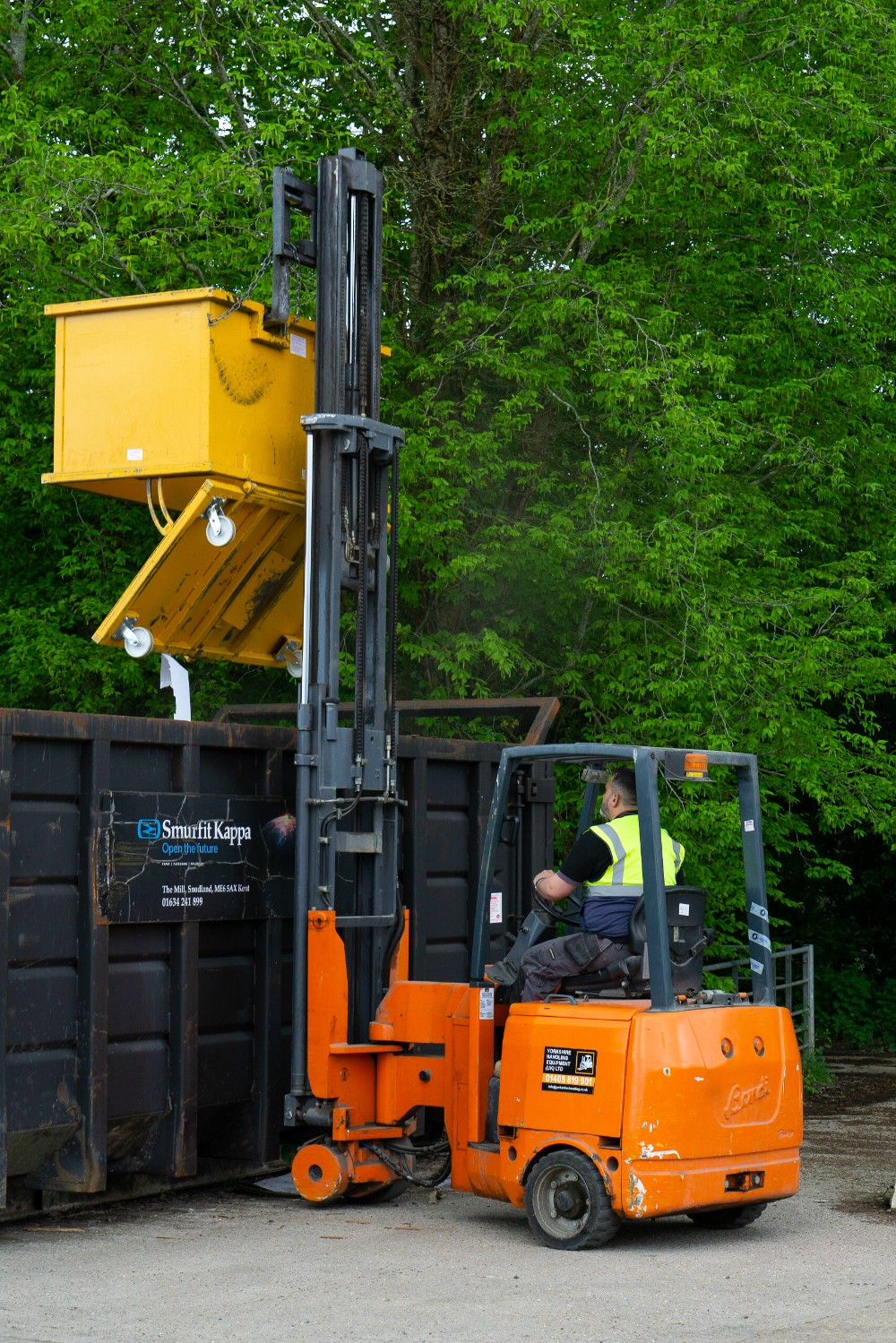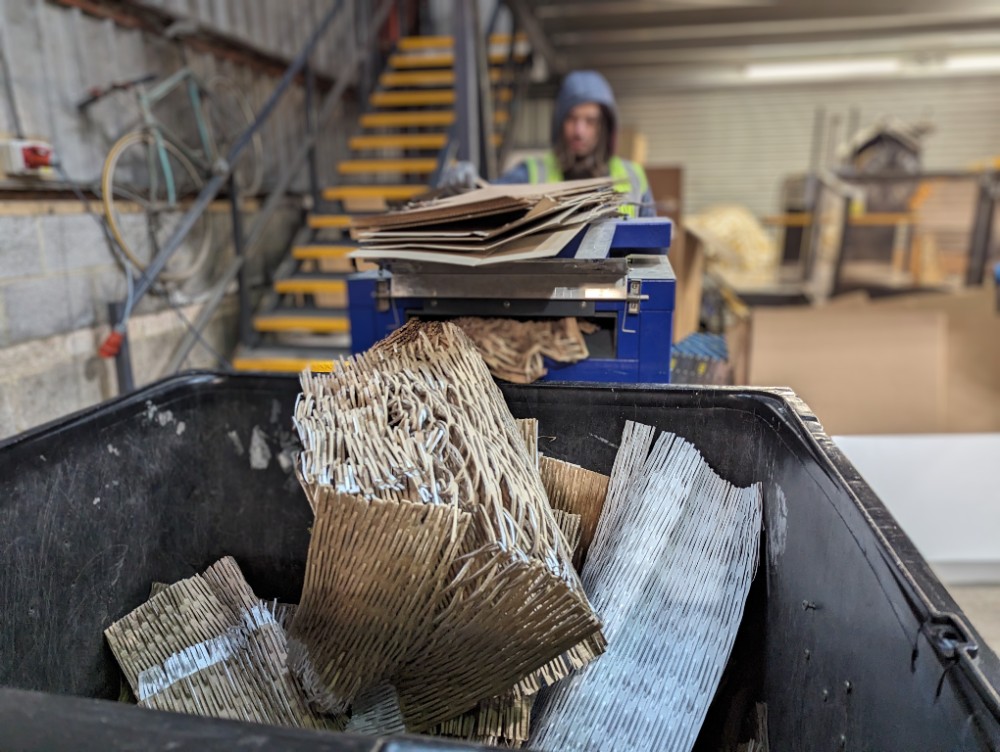Blog - How to Reduce Packaging Waste and Enhance E-Commerce Sustainability

In e-commerce, finding the balance between product protection, operational efficiency and reduced packaging waste is a challenge that many businesses face. Whether you run a small online business or operate on a larger scale, consumer demand and global sustainability concerns reduce packaging waste, a pressing need.
This guide offers a solution-oriented approach, giving your e-commerce business the tools it needs to address this challenge. We’ll cover the problem in detail and how to reduce packaging waste with key recommendations and advice from our experts.
While the industry is booming, e-commerce surfaces the challenge of packaging waste. As online shopping continues to grow, so does the volume of packaging required to ship products worldwide.
But with all the deliveries made daily - in 2022, the UK shipped, received and returned 5.1 billion parcels - packaging waste is what’s left over. Packaging waste involves a broad range of materials, such as:
- Paper and cardboard (34 million tonnes in the EU)
- Plastic (16.1 million tonnes in the EU)
- Glass (15.6 million tonnes in the EU)
This leads to a crucial question: where does all this packaging end up and how can we address this? For too many businesses and consumers, the answer is landfills or, worse, our oceans and natural environments, where they can cause lasting harm. Recognising this, we can shift our focus towards sustainable alternatives and waste reduction strategies - which can also have a positive impact on your bottom line as a business.

Another issue is the common misconception that more packaging equates to better protection. This drives the use of excessive materials, many of which are unnecessary for the product's safety during transit. While well-intentioned, this can result in waste without necessarily improving product security.
The modern shopper values speed and convenience, often leading to a preference for receiving items individually as soon as they're available. This can lead to a higher frequency of single-item deliveries, each requiring its own set of packaging.
“Packaging waste and packaging use is now taxed in more than one form (such as the Plastic Packaging Tax, Extended Producer Responsibility (EPR) and Packaging Waste Regulations) and all of these costs fall to businesses that buy, sell or use cardboard.” Scott Newman, Sales Director at Tidmas Townsend
Ultimately, your business will have to pay considerable amounts for waste disposal, and reducing any packaging waste within your operations will help to reduce these costs and bolster your bottom line.
There are several ways to do this, which we explore below.
Material Optimisation
- Transition to alternative, widely recycled or biodegradable packaging materials like corrugated cardboard, compostable mailing bags or biodegradable tape. This can reduce the amount of plastic packaging waste in particular.
- Reevaluate the need for void fill and secondary packaging. Some innovative packaging solutions can incorporate fittings and fixtures to keep products secure.
- When required, replace plastic fillers with eco friendly alternatives such as paper-based or biodegradable options, like our eco friendly packing peanuts.
Design Innovations
- Tailor packaging to fit products snugly, eliminating the need for excess packaging and void-fill materials. Custom-made cardboard boxes can support this endeavour.
- Use software or professional design services to create more efficient packaging solutions.
- Design for easy disassembly, ensuring that customers can easily break down and recycle packaging materials.

Reuse and Recycling
- Implement systems where packaging can be reused by the consumer or, in other cases, returned to you as a business for reuse.
- For recyclable packaging, provide clear instructions on how customers can correctly recycle all aspects of their delivery. This can be directly on the packaging or via a QR code using custom digital printing.
Supplier and Internal Practices
- Partner with suppliers like Tidmas Townsend who prioritise sustainability and eco friendly solutions, aligning with your business needs.
- Educate and engage staff on the importance of reducing packaging waste to increase awareness and diligence in the packing process.
- Undertake regular audits and assessments of your packaging strategy to enable ongoing refinement as the e-commerce industry evolves. Our team can support you with this, with our audits carried out on-site or via video call.
- Invest in technological solutions such as a cardboard shredder or baler for efficient and effective waste management. Shredded cardboard, for example, can be later reused as filler material.
- Where possible, bundle items together into one shipment to reduce the overall packaging needed per order, maximise space efficiency in transportation and also lower shipping costs.

Environmental Impact
Lowering packaging waste directly contributes to lessening your business's environmental footprint, helping to reduce the impact of your business practices. Less waste means fewer materials ending up in landfills or polluting our oceans. It's a crucial step towards achieving sustainable goals and preserving our planet for future generations.
Economic Advantages
Streamlining your packaging process can lead to substantial cost savings. By using fewer materials and opting for more efficient designs, you can reduce both material and shipping costs. Lighter, smaller packages often translate to lower freight charges, directly positively impacting your bottom line.
Brand Reputation and Customer Loyalty
Today's consumers are increasingly eco-conscious, making sustainability a significant factor in their purchasing decisions. By adopting eco-friendly packaging, you're not only meeting this demand but also enhancing your brand's image. When customers notice your efforts to reduce packaging waste, it strengthens their trust in your brand. This trust, in turn, fosters a deeper brand loyalty.
The shift towards more economical, efficient and sustainable packaging is not just an environmental imperative but a strategic business move, enhancing brand reputation, fostering customer loyalty and providing economic benefits through cost savings.
We at Tidmas Townsend are committed to leading this change, offering a suite of eco friendly packaging and custom packaging options designed to meet the diverse needs of e-commerce businesses. We invite you to browse our range which can help you protect your products and the planet.













